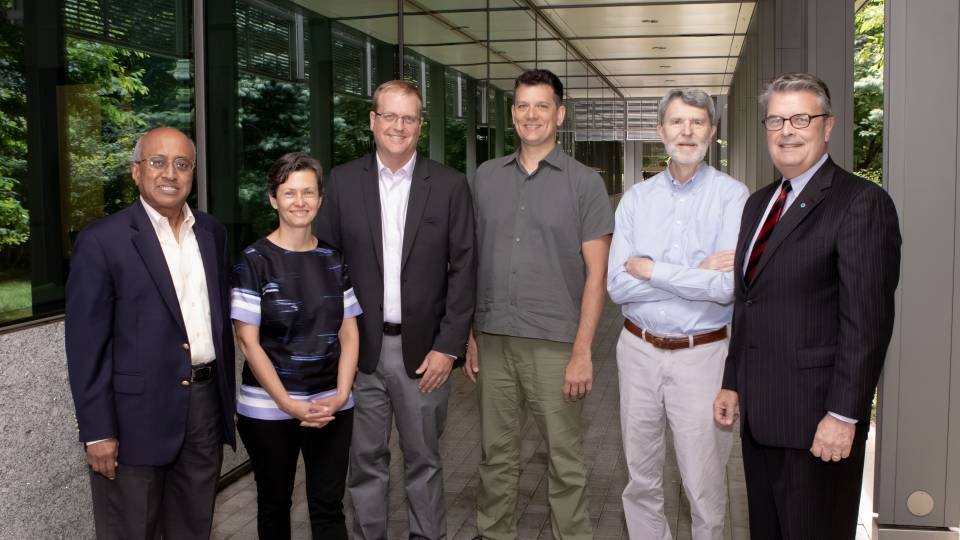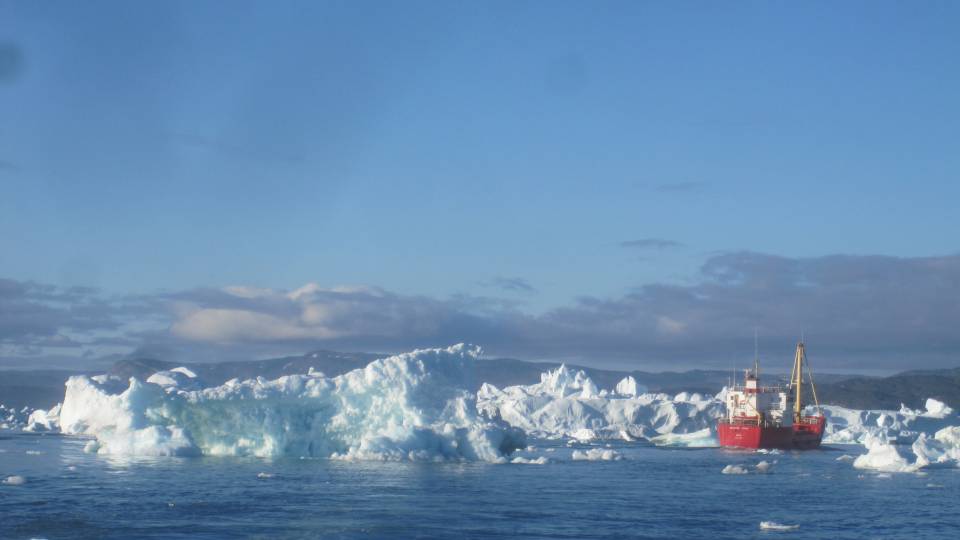After a competitive review process, Princeton University's Cooperative Institute for Climate Science has been selected as a collaborative research partner by the National Oceanic and Atmospheric Administration (NOAA).
The institute is one of two selected partners that will join the federal agency in separate cooperative agreements. Through the arrangement Princeton scientists will conduct research on climate change and greenhouse gases. The cooperative institute grew out of a highly successful 40-year collaboration between Princeton University's Atmospheric and Oceanic Sciences Program and NOAA's Geophysical Fluid Dynamics Laboratory (GFDL). That collaboration led to major advances such as the development of ocean and atmospheric models and research on climate and biogeochemical cycling.
"We are delighted to continue this dynamic, symbiotic partnership with NOAA that has done so much to advance fundamental understanding of climate over the years," said A.J. Stewart Smith, dean for research at Princeton. The cooperative agreement, he said, will allow the University to recruit some of the world's best young scientists and graduate students to work at the Cooperative Institute for Climate Science and to collaborate with the researchers and students at GFDL. The laboratory is located on the University's Forrestal Campus.
Research activities at the Princeton institute focus primarily on understanding climate variability and change, but the institute also assists with coastal and ocean resource projects as well as weather-related programs.
"Cooperative programs like these are truly a win-win situation," said retired U.S. Navy Vice Admiral Conrad Lautenbacher, undersecretary of commerce for oceans and atmosphere and NOAA administrator. "Academic research fellows get hands-on experience working with NOAA scientists, while NOAA research programs receive the benefit of working with some of academia's best and brightest scientists."
Princeton was one of two partners selected, along with the Cooperative Institute for Arctic Research at the University of Alaska-Fairbanks.
Princeton operates one of 21 cooperative institutes that NOAA currently supports in 17 states, focusing on research aligned with NOAA's mission goals. While the agency previously designated cooperative partners in perpetuity, it initiated a competitive review schedule four years ago, and Princeton will compete to retain its cooperative institute every five years, as all 21 NOAA institutes will compete to renew their status on a rotating schedule.



